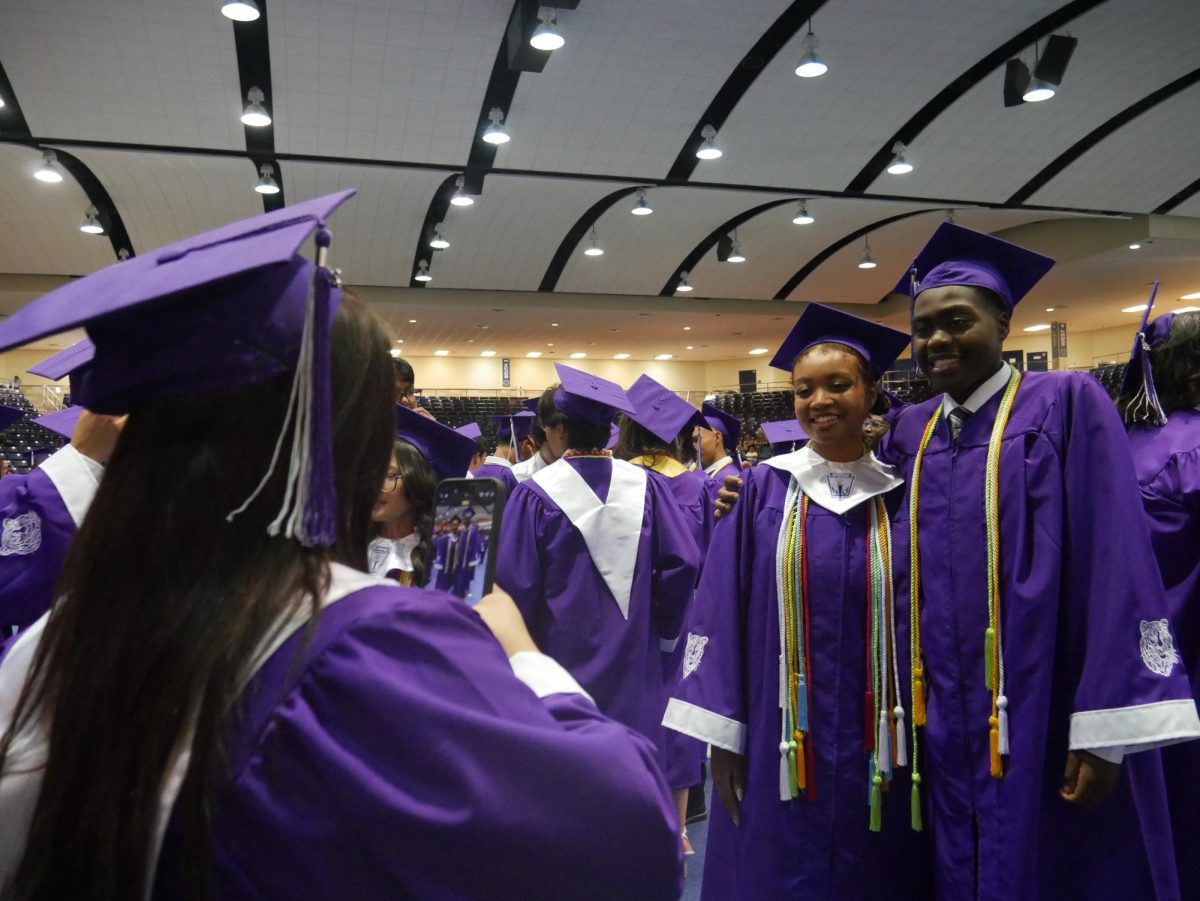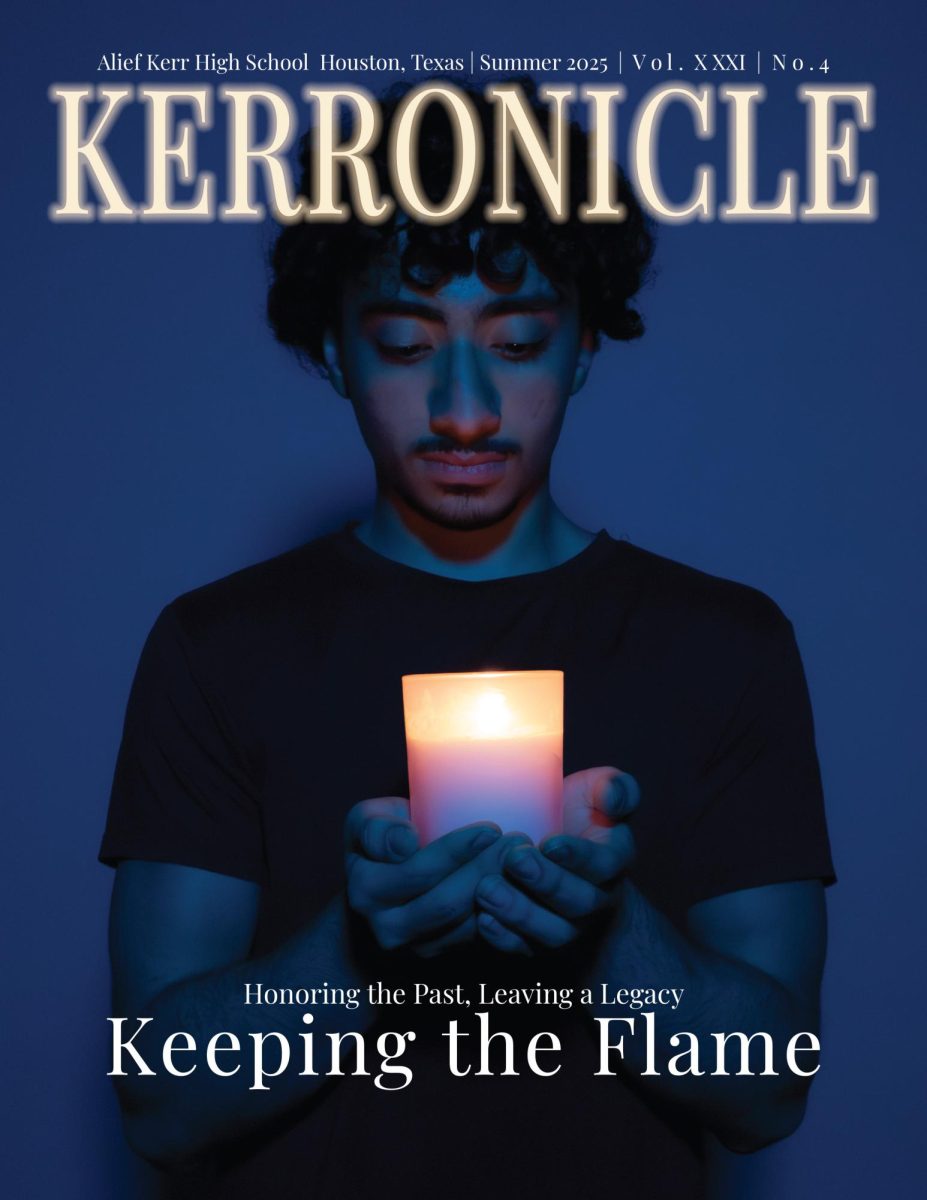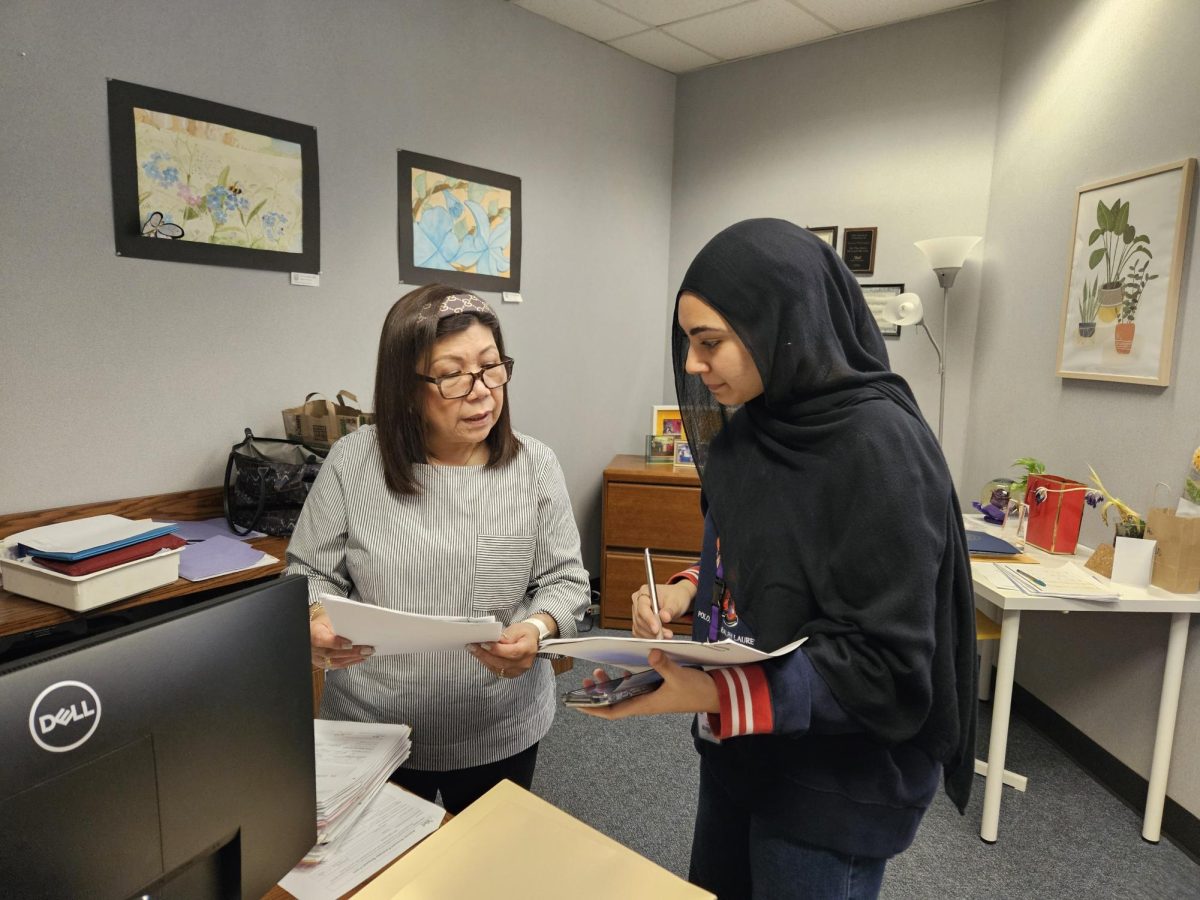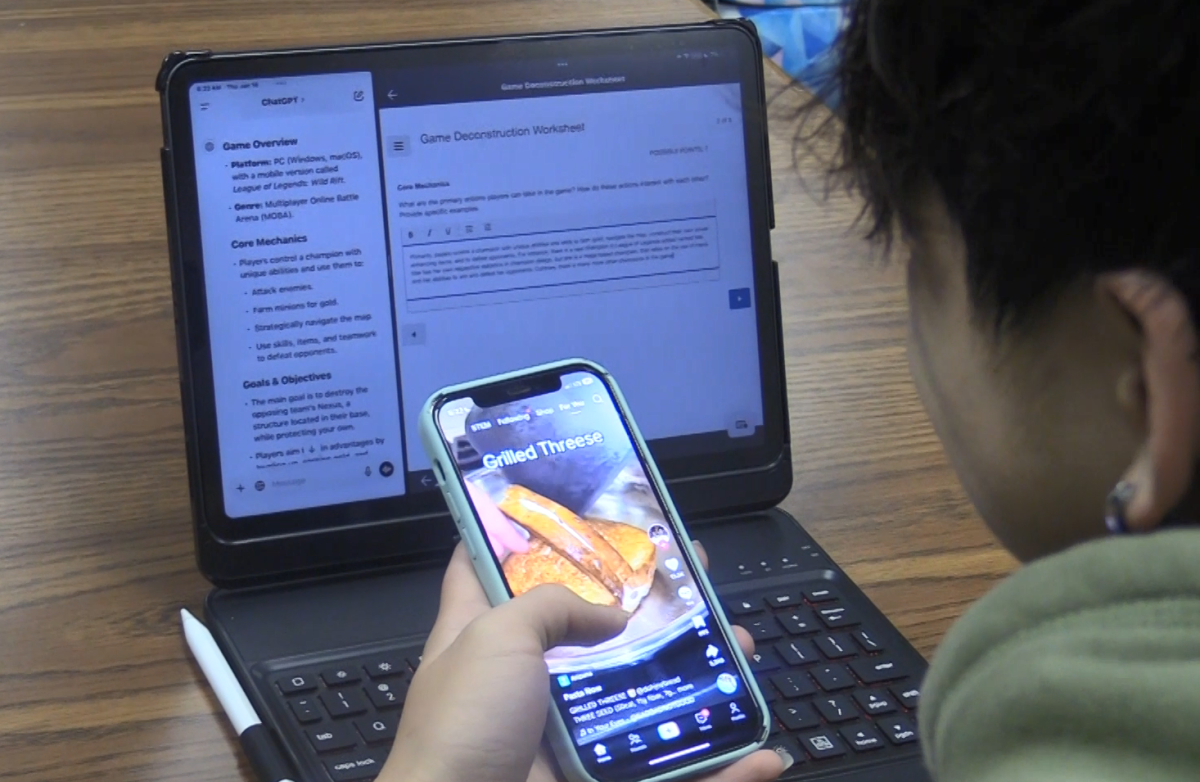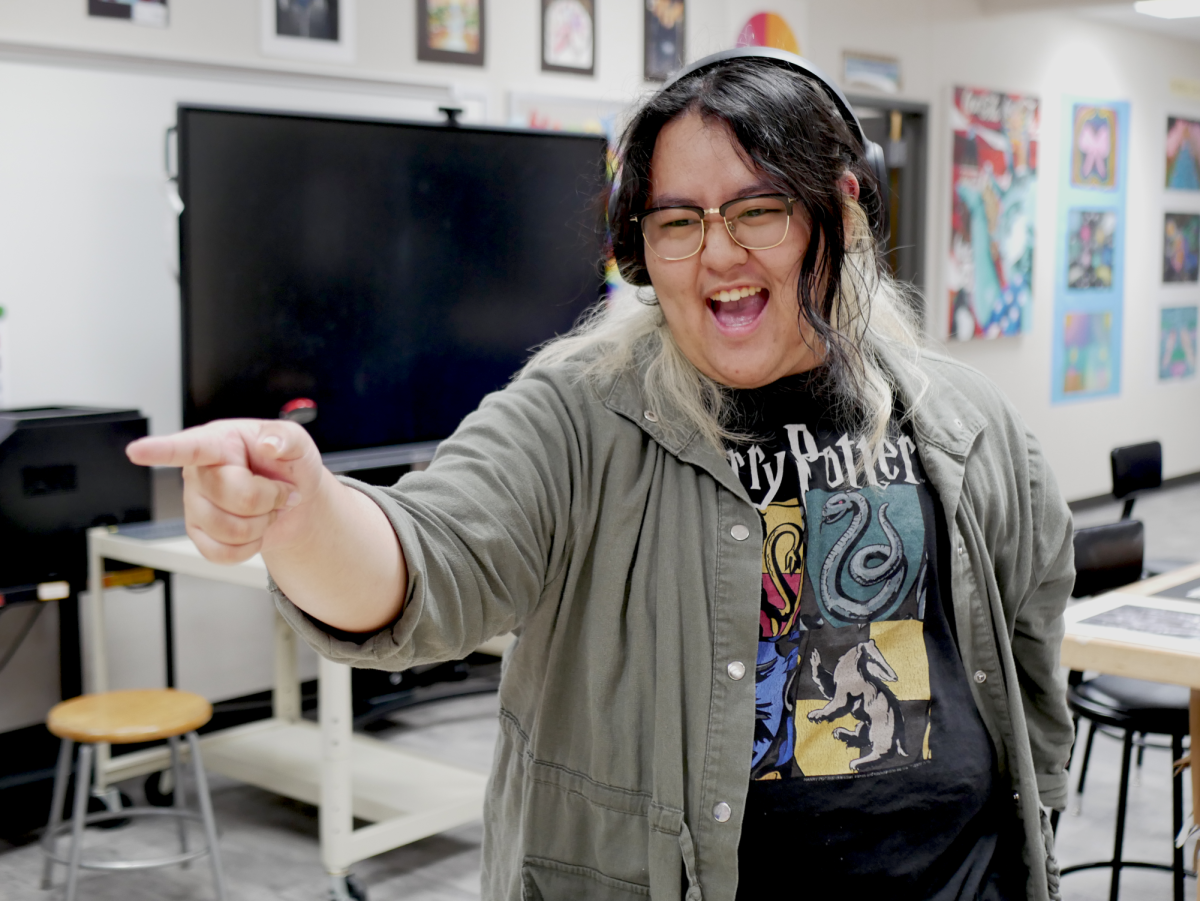Not being old enough, sophomore Jose R. won’t be voting in this fall’s election. That doesn’t mean, however, that he has not been following the Presidential race very closely.
“I think this is one of the most important elections because the economy is so bad,” he said. “Our President isn’t doing anything, he’s just taking vacations. Someone needs to change that drastically.”
On April 3, Texas will hold its primary election, in which political parties will determine their candidates for public office. Positions up for election include those of a US Senator, all US Representatives, Railroad Commissioner, 31 State Senators, and all State Representatives. The full list can be found at the website of the Texas Secretary of State (http://www.sos.state.tx.us/elections/candidates/guide/offices2012.shtml).
According to UT’s Texas Politics, a registered voter may vote in any party’s primary as long as they have not voted in another party’s primary. Those who intend to vote must register by March 5. Early voting begins on March 15.
“I try to vote,” librarian Jean Wu said. “Because we learn as a child that I’m not a good citizen if I don’t care about what happens in this country. So that’s why I vote. I want the best people serving us. I want the best laws passed.”
While many tend to focus on the national scene, such as this year’s Presidential race, the primaries are a stage of the democratic process at both the national and local levels.
“I think we need to be more careful about who we vote for locally instead of who we vote for on a national scale,” senior Denitza D. said. “I feel that as a citizen I have a better chance of representing my voice through local officials than national officials.”
Hall monitor Tinsley Jones believes that the impact of national races makes them more important.
“The [national elections] have a more global effect than our local ones,” he said. “They affect more people. They impact us not only nationally but worldwide: foreign affairs, military, economy.”
While Jones and Jose say that they consider themselves fairly conservative, Kerr is a patchwork of people with many different political leanings.
Wu considers herself an independent but has been following the Republican race closely.
“I like it for the game. I enjoy seeing people vying for things…When Rick Perry makes those mistakes, I laugh… But I think the Republicans are destroying themselves having so many debates, tearing each other apart. So I think Obama’s going to win.”
Jones, on the other hand, would like to see a change in government.
“I think that the current administration has been too spendthrifty,” he said. “I don’t think they’ve taken the right approach to energy sufficiency, border control. I think they’re leading us down the wrong economic path.”
Denny says that she would base her decisions on “what person is most for the issues I think are important,” rather than party association.
She does not, however, plan to vote in the coming national election, preferring to focus on local politics.
“Our votes are being counted but our votes are not what decide who becomes President,” she said. “It’s based on what the electoral college decides to vote [and] Texas is one of those states who always vote Republican. I think it’s a waste of my time to wait for hours just to cast a vote.”
Senior Jay M., on the other hand, says he has little concern for local elections.
“I’m probably not going to be in Texas much longer,” he said. As such he plans to pay more attention to the national stage.
“As Fidel Castro put it, this is the most incompetent batch of Republicans that has ever been there. So I would prefer if we had someone halfway competent running the show. He actually said that, by the way. When you’ve been dissed by a dictator, that’s pretty bad.”

